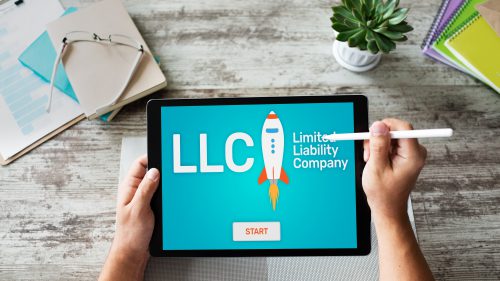 On November 8, 2021, the Italian government approved Legislative Decree no. 183/2021 (“Decree”) concerning the implementation of Directive 2019/1151 regarding online incorporation of limited liability companies and simplified limited liability companies (jointly hereinafter “SRLs”), in accordance with the guidelines and principles set forth by the Italian Parliament under European Delegation Act 2019–2020 for the transposition of Directive 2019/1151.
On November 8, 2021, the Italian government approved Legislative Decree no. 183/2021 (“Decree”) concerning the implementation of Directive 2019/1151 regarding online incorporation of limited liability companies and simplified limited liability companies (jointly hereinafter “SRLs”), in accordance with the guidelines and principles set forth by the Italian Parliament under European Delegation Act 2019–2020 for the transposition of Directive 2019/1151.
In a previous article, we highlighted how the transposition of Directive 2019/1151 could serve as a chance to redefine the overall online incorporation procedure not only for startups but for all types of companies, by balancing the need for flexibility and the ease with which new companies can be formed by Italian and foreign entrepreneurs with the need for the relevant Italian authorities to exert control over them.
The Q&A below clarifies the main steps and requirements in the new procedure to incorporate SRLs online.
- What does “online” incorporation mean?
The new incorporation procedure for SRLs takes place via a videoconference meeting on the web platform managed by the Italian National Notarial Council (“NNC”), accessible through a link sent by the notary to the parties that are going to incorporate an SRL.
- Which SRLs can be incorporated online?
Pursuant to the Decree, an SRL can be incorporated online if:
- its registered office will be in Italy;
- its corporate capital has been contributed in cash before the incorporation meeting.
Equity-holders in the new company can be Italian or foreign residents (the local competence of the notary should be confirmed before starting the procedure).
- What are the main requirements for equity-holders when incorporating an SRL online?
Equity-holders attending the online incorporation meeting must possess:
- electronic IDs or passports;
- certificates allowing remote digital signature;
- an application on their smartphones that the notary can use to confirm the identities of the parties by reading their electronic IDs or passports.
Practical tip: the equity-holders can authorize a third party (potentially a lawyer) to represent them at the meeting by issuing a notarized power of attorney (which may need an apostille, depending on the place of notarization).
Finally, if an equity-holder is a non-EU entity, the notary may require the person attending the incorporation meeting on behalf of that entity to provide evidence of their authority, e.g., by means of a notarized/legal statement, an excerpt issued by the appropriate foreign register of companies, or the like.
- Must equity-holders attending the incorporation meeting speak Italian?
Not necessarily. If foreign equity-holders do not speak Italian, they can ask the notary to prepare a bilingual Italian and English incorporation deed and bylaws.
Further, the Italian government is going to approve a standard set of incorporation deeds and bylaws, to be made available in English, which will be accessible on the website of Italy’s register of companies. Equity-holders that choose to use these standard documents will pay discounted notarial fees for incorporation.
***
The present and future of companies is increasingly digital and smart all over Europe. However, prima facie the procedure described above seems to pose a certain degree of technological complexity (for both equity-holders and Italian notaries) that at first may slow down online incorporations. But now that all the parties involved (including lawyers) are required to be open to this new procedure and be more “digital”, hopefully things will become easier and smoother than they are now.


